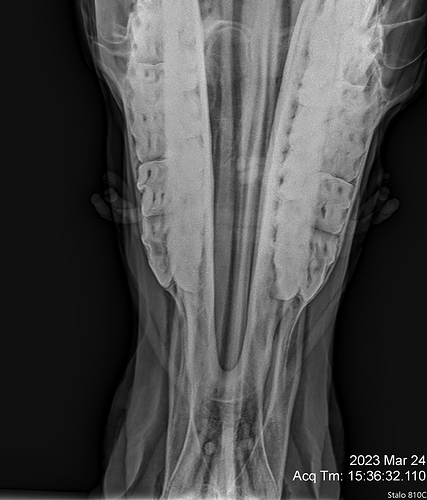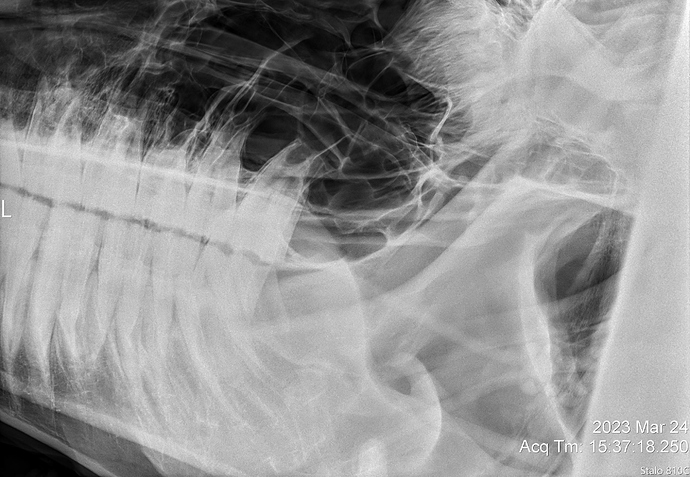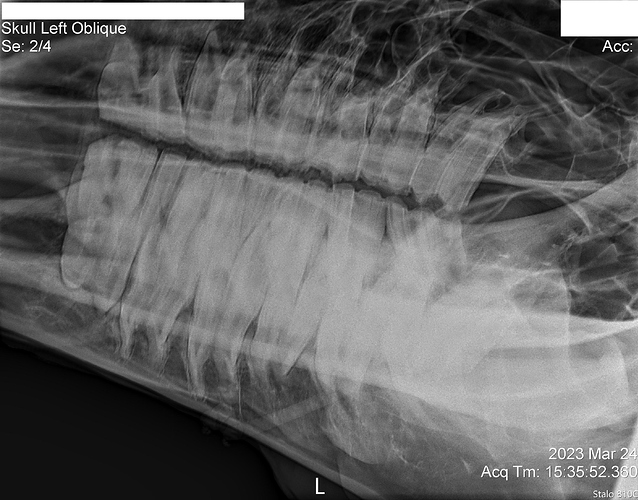I spoke with my equine dentist. If my mare has a tooth root abscess, she would have to refer me to someone else for extraction. While she can do x rays, if I need to see a specialist anyways, it’s better to let them do the x rays and see what they want to do regarding removal.
My google searching came across this blog:
So the question becomes, to remove the tooth or not remove the tooth? The more I read about tooth removal, the more concerned I become about getting it removed. My mare is having some clear nasal discharge ( a runny nose). While one side smells a bit bad, we originally assumed that was from having the nasal gastric tube when she had an impaction colic (2 weeks ago). The smell has improved so I’m still hoping this all clears up and she doesn’t need any teeth removed.
At this time she isn’t on antibiotics.
Since she dropped some weight from the colic, I’m not planning anything to further stress her until I get her weight back up, so while the tooth may or may not need removal I don’t want to rush into it. Her weight really isn’t bad - she’s actually in peak physical condition but I feel like putting a little extra weight on her isn’t going to hurt anything if she needs dental surgery.
These are the x rays I have for her (from my original vet who did not do a great job getting the images.)



